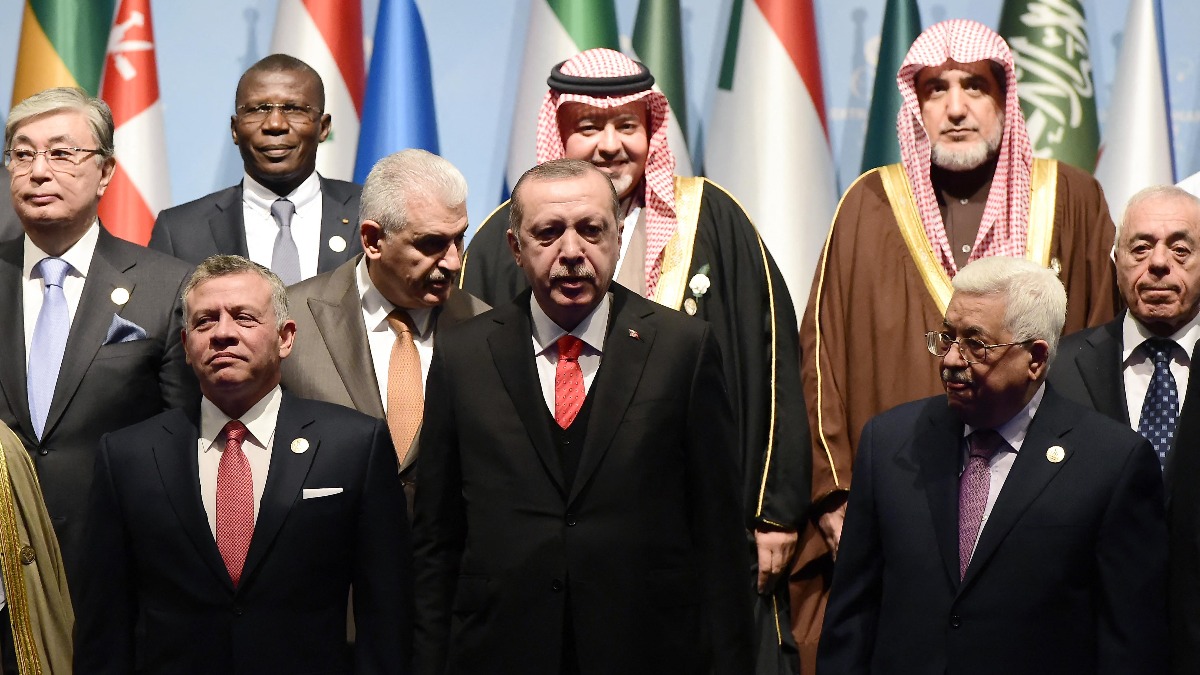Amidst Eid celebrations around the world, former Pakistani Lieutenant General Talat Masood penned an opinion piece for a Pakistani website, delving into the pressing issues of Muslim countries.
Talat Masood, Former Lieutenant General of Pakistan, posits that now is the right time to reflect upon and evaluate the situation of Muslims globally, who face considerable hardships. In his article, he discusses the situation of countries ranging from Saudi Arabia and Pakistan to Afghanistan and Turkey, pointing out their critical missteps.
In an opinion piece for the 'Express Tribune', a Pakistani news website, he also outlines what the current global economic landscape looks like for Muslim nations, the political acumen of their leaders, how much strategic control they wield, and what needs to be done to improve their plight.
23% of Pakistan's Population Is Illiterate: Talat Masood
Talat Masood writes, "Leaders in the Muslim world have generally been negligent in promoting education. Pakistan is the world's sixth-largest country by population, strategically vital, and nuclear-armed, yet 23% of its populace is illiterate. Its economy is heavily reliant on foreign aid, whether it's the IMF, the World Bank, or oil-rich nations like Saudi Arabia or the UAE.
Aside from Turkey, it's rare to find a Muslim country with universities meeting international standards. Students from Muslim nations usually have to travel to Europe or America for higher education. A few years back, Saudi Arabia attempted to establish satellite colleges with the help of reputable universities from the US and Western countries, but the initiative didn't gain much traction."
Talat Masood adds, "Oil-rich countries like Saudi Arabia and Kuwait are major producers, yet they largely depend on Western nations for exploration and refining technologies. Refineries in these regions are mainly established by Western countries, Japan, or South Korea. UAE and other Middle Eastern nations are also akin. In recent years, there have been efforts to develop better technology and management by training the local young talents. Some successes have been achieved, but attaining autonomy in the exploration and utilization of oil and gas reserves is still a work in progress."
Political Disputes Weaken Economic Impact: Masood
Talat Masood comments on the political rifts among Muslim nations in the Middle East, saying, "Major oil producers, particularly OPEC, and foremost, Saudi Arabia, play a pivotal role in setting oil prices. However, internal dissent among Muslim oil-producing countries weakens their collective influence and hinders progress. Political differences, beyond the Saudi-Iran divide, also mitigate their political and economic impact.
Despite some Western opposition, the recent efforts to mend ties between Saudi Arabia and Iran are encouraging. Western countries often oppose oil deals with Russia and Iran and have imposed sanctions on numerous occasions. Adhering to American norms is becoming difficult for oil-producing nations. Yet, America has turned a blind eye towards India's recent energy deal with Russia."
Muslim-nations: Forced to Rely on Foreign Education: Masood
"The lack of focus on higher education and promotion of science and technology forces people in Muslim nations to depend on foreign education. It's not possible for everyone to study abroad; only a select few can enjoy this privilege. There seems to be no indication that Muslim leaders are prioritizing higher education, which is the key to transforming a country's fate.
Similarly, giving equal opportunities to women in education and employment is vital for the development and progress of any nation. Yet, the Taliban government in Afghanistan continues to deny this fundamental right, reflecting their fear that educated women will challenge their policies. Worse yet, the world seems indifferent to the plight of these women. Muslim countries have neither collectively nor individually expressed any serious concern over these grave human rights violations."
A Different Mindset Needed to Steer Right Path: Masood
He further asserted that an alternative mindset is needed for Muslim countries to address contemporary challenges and opportunities adequately. First and foremost, leaders should be more aware and committed to promoting education. They need to focus on both domestic and foreign policies that can improve the lives of their people.
Several Muslim-majority countries are secular. Azerbaijan became the first secular country in the Muslim world in 1918 before joining the Soviet Union. Turkey has been secular since the revolutionary reforms of Mustafa Kemal Atatürk, although President Erdogan has reintroduced Islamic laws and traditions. Similarly, the 1979 Iranian revolution transformed Iran from a monarchy to an Islamic republic under Ayatollah Ruhollah Khomeini's leadership. Although Islam is Pakistan's official religion, its legal codes are a mix of religious and secular.




